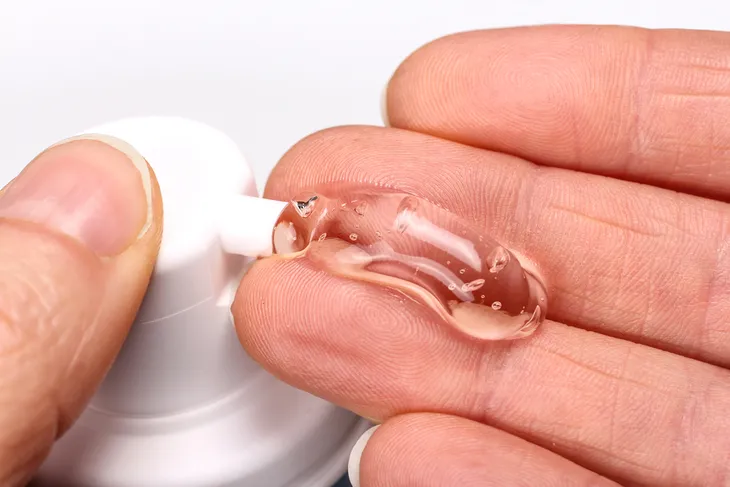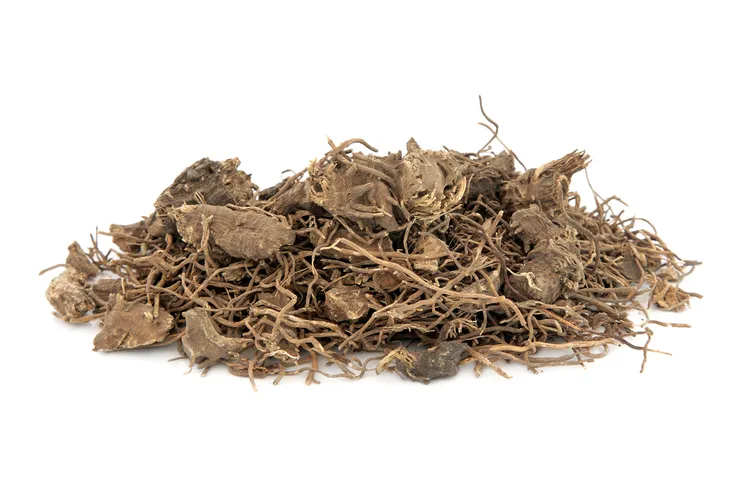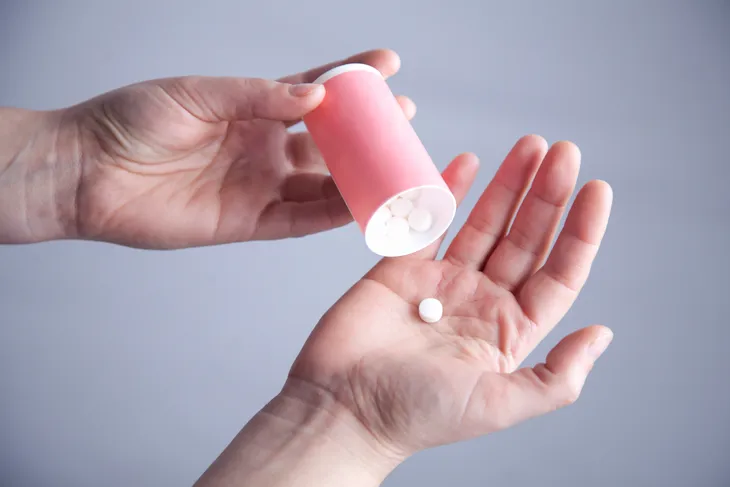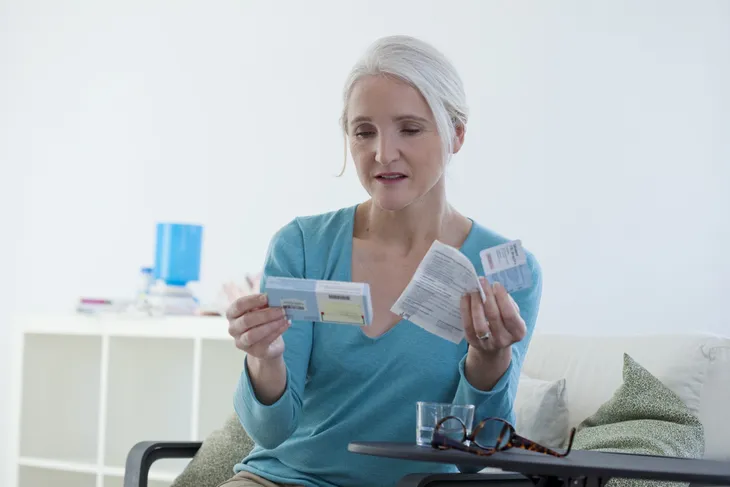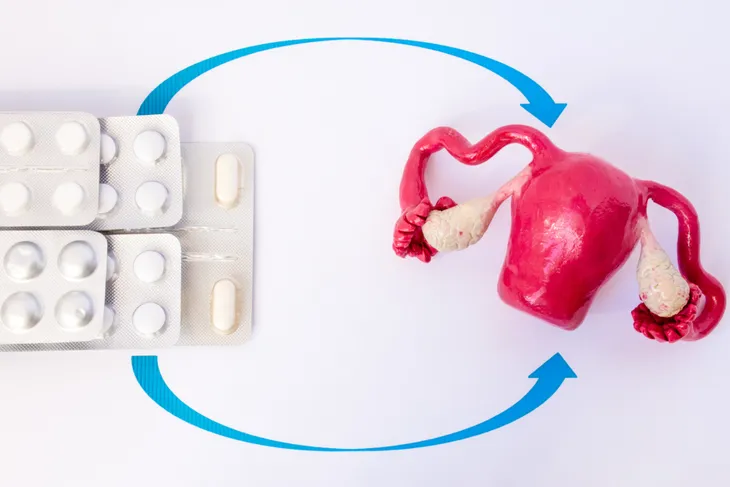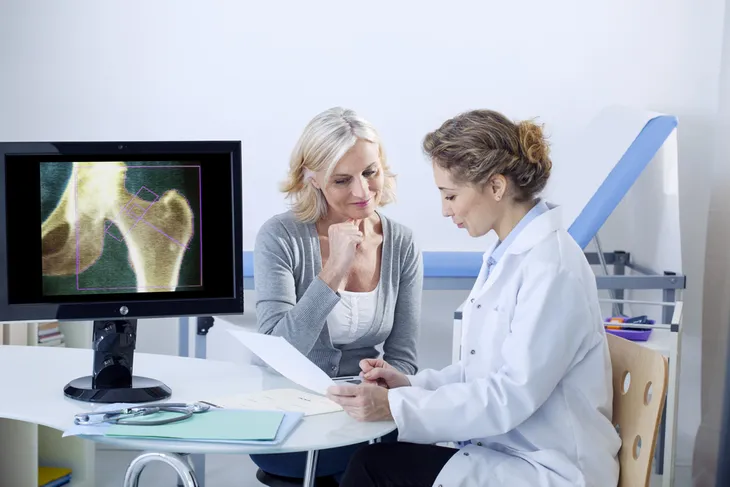Hot flashes, memory loss, irritability, migraines, weight gain—menopause means many things to the different women it affects. However, it’s characterized as the stage where a woman’s menstrual cycle ends and she can no longer conceive children.
A woman has completed menopause only after she’s experienced a full 12-months without menstruation. The interlude in which periods start or stop, or spotting occurs is known as perimenopause—the stage leading up to menopause. It affects women in their 40s to 50s, but most complete Menopause by the age of 51.
Menopause is not a medical condition, but rather a natural stage of womanhood and aging. This means treatment and remedies will be prescribed by your medical practitioner to relieve uncomfortable symptoms and prevent chronic conditions (i.e., such as osteoporosis) that are associated with menopause and aging, including…
Hormone Therapy
The most commonly prescribed treatment for menopause is hormone therapy (or estrogen replacement therapy). Depending on the severity of symptoms you’re experiencing, as well as your medical and family history, your doctor may recommend estrogen and progestin (if your uterus is still intact) to soothe hot flashes, prevent bone loss, dementia, and heart disease.
Soy
Consuming a diet high in soy sources—such as tofu, soymilk, soy nuts, soy beans, and tempeh—is often recommended by health care providers to soothe hot flashes. Soy is rich in phytoestrogens, plant-like substances that stimulate the estrogen that healthy female bodies naturally produce.
Vaginal Estrogen
Vaginal dryness and painful intercourse are common and uncomfortable symptoms of menopause. Luckily, women with decreased estrogen production can take tablets, rings, or cream. All 3 treatments are administered vaginally and absorbed by vaginal tissues to soothe symptoms.
Natural Phytoestrogens
Although they aren’t prescribed by traditional medical doctors, natural sources of phytoestrogens—found in herbs like wild yam, black cohosh, dong quai, and valerian root—can be taken in supplement form to relieve uncomfortable menopause symptoms, particularly hot flashes.
Antidepressants
Low-dose selective serotonin reuptake inhibitors (SSRIs), or antidepressants that work to reduce menopausal hot flashes and irritability while boosting mood are often prescribed by doctors to women who are unable to take estrogen due to family history or an underlying health condition. SSRIs can also be prescribed to menopausal women suffering depression in addition to another therapy.
Bioidentical Hormone Replacement Therapy
Bioidentical hormone replacement therapy (or BHRT) is a custom-designed hormone therapy that works to replace hormones that are naturally produced by young, healthy female bodies. Your BHRT medication will likely be custom-made by your pharmacist based on your doctor’s prescription. BHRT drugs must be BHRT tested and approved by the U.S. Food and Drug Administration (FDA) before they are administered to patients.
If they are made in a compounding pharmacy, they are not regulated by the FDA. There is other certifications that compounding pharmacy get. There are some BHRT that is made by FDA pharmaceutical companies – the difference is that these are found in regular pharmacies so can not be “custom” made as with compounding pharmacies.
Gabapentin Drug Therapy
Gabapentin (or Neurontin) is a pharmaceutical drug that was originally designed to treat epileptic seizures and reduce neuropathic pain. However, for women who are unable to undergo estrogen therapy—either due to choice, family history, or an underlying health condition (i.e., breast cancer, stroke, or blood clots)—it may soothe hot flashes and menopausal migraines.
Osteoporosis Prevention
Menopause is often linked to increasing the risk of developing osteoporosis, a condition that causes the thinning of bones so they become fragile and prone to breaks or deterioration. Preventing bone loss is the main reason why health care providers prescribe osteoporosis medication in combination with other menopausal therapies. (Check out Most Common Risk Factors of Osteoporosis).



